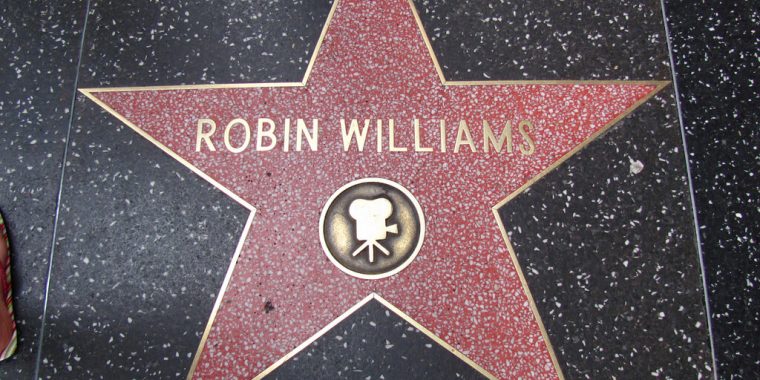First up: Robin Williams was a fine actor by all means. His death is an unfortunate and tragic incident.
As soon as word got out about Williams’ death, the internet mourned the loss of a very talented actor. Rightfully so. Social media, online publications, blogs and everything else was filled with “RIP Robin” messages, and people talked at length about the life and story of Robin Williams.
However, while social media did praise the works and accomplishments of Robin Williams shortly after his death, there was also a time when hardly anyone on Facebook or Twitter considered Williams to be the voice of several generations. That time was barely a week ago.
Robin Williams And Social Media
Human beings, in general, are not the best when it comes to mourning. And we are even worse when we mourn in public, or nowadays, over the internet. Each time a celebrity passes away, social media users transform him or her from an actor or entertainer to a pious soul who influenced us not by means of his or her work but via some transcendental or eternal prowess.
This is precisely why the average tweet about Robin Williams was not just “RIP Robin Williams”, but also had “#BeBlessed” and “#InspiringJourney” appended to it. Therefore, “Robin Williams and his movies entertained me in various ways” automatically became “Robin Williams affected my concept of Self in ways that cannot be expressed”.
Why does this happen?
To begin with, we have a constant urge to get a token of validation — one who gets maximum retweets or likes is the one who mourns the most! This adds a promotional dimension to emotions on the internet. Again, this in turn leads to click-bait content that does not really mourn the loss of Robin Williams, but instead focuses on getting pageviews. Emotions are always commercially viable, aren’t they?
Check these out:
- This Is How the Cast of Broadway’s Aladdin Honored Robin Williams
- Even Jihadis Love Robin Williams (Seriously?)
- Asshole Gorilla Humps Robin Williams’ Corpse for Publicity
As is obvious, Williams’ death transformed him into a virtual commodity — something he hadn’t been for over a decade. If you failed to post a status or a tweet mourning his death, you probably didn’t care enough about him. Mourning in private is unknown territory when it comes to social media: you must explicitly convey just how big your grief is, or how sorrowful you are!
Once again, this in turn encouraged a distinct form of eulogy — the internet remembered Robin Williams for his sainthood, and not for his talent.
Human beings have an uncanny ability to sanctify the dead — Robin Williams meant more to me than he did to anyone else! Grief and sorrow are easily transformed into a public competition. This is exactly what happened when Steve Jobs died: within minutes, he was transformed from a rich capitalist to someone who never made a mistake. And this is exactly what happened when Robin Williams died, and this is exactly what will happen each time a celebrity dies.
This is the internet, where grief is an object of display.
That said, RIP Robin Williams.
Featured Image: Loren Javier

